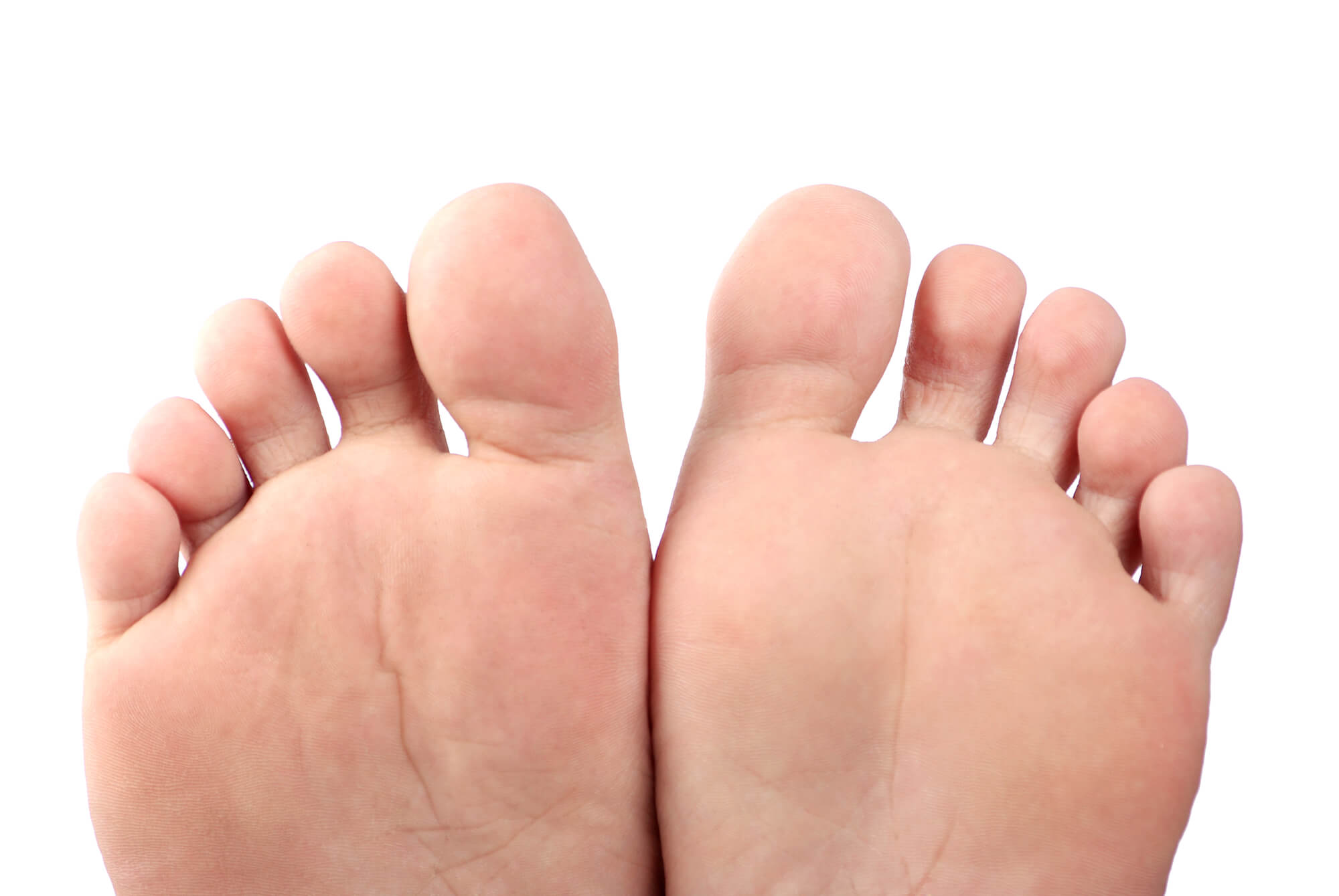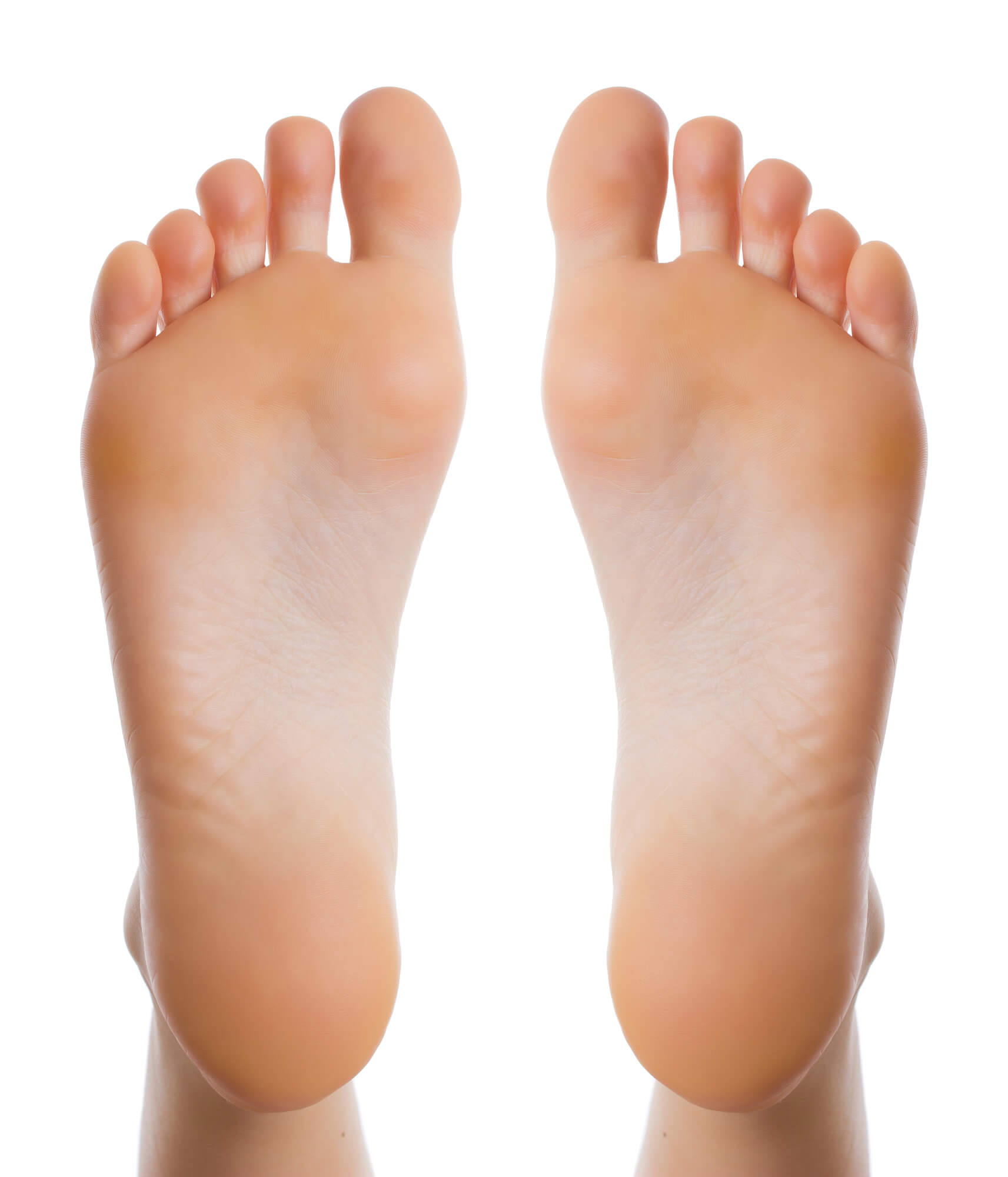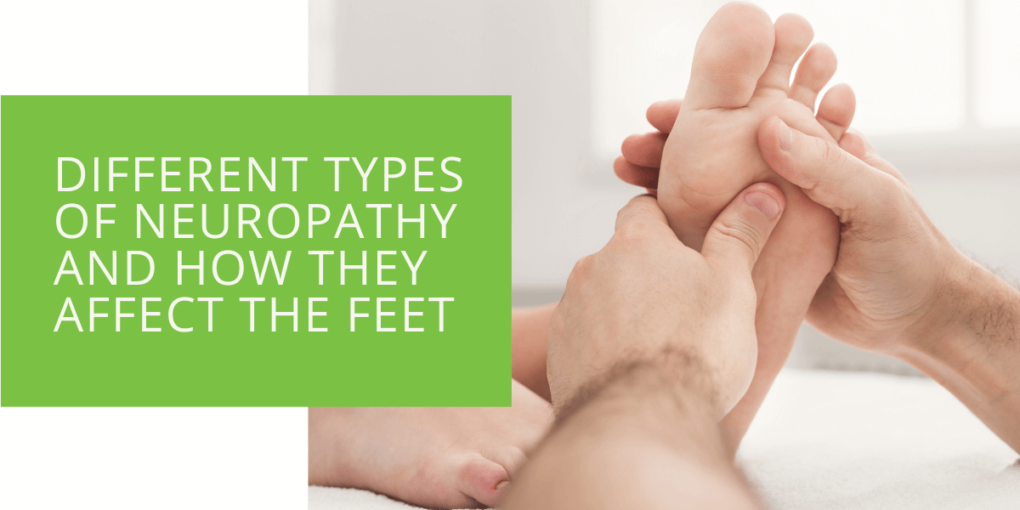The Different Types of Neuropathy and How They Affect the Feet
Neuropathy is a condition that occurs when there is damage to the nerves that send signals throughout the body. This condition can affect any nerve in the body, including those in the peripheral nervous system, which includes the nerves in the hands and feet, and those in the central nervous system, which includes the brain and spinal cord. Neuropathy can have a range of causes, but the most common cause is diabetes, which can cause nerve damage over time. This article will discuss the different types of neuropathy and how they affect the feet.
Peripheral Neuropathy
Peripheral neuropathy is the most common type of neuropathy that affects the feet. This condition occurs when there is damage to the peripheral nerves that send signals between the brain and spinal cord, and the rest of the body. Peripheral neuropathy can have a range of causes, including diabetes, alcohol abuse, autoimmune diseases, infections, and exposure to toxins.
Symptoms of Peripheral Neuropathy in the Feet
The symptoms of peripheral neuropathy in the feet can vary depending on the nerve type affected. The most common symptoms include:
- Numbness or tingling in the feet
- Sensory loss in the feet
- Burning or stabbing pain in the feet
- Weakness or loss of coordination in the feet
Complications of Peripheral Neuropathy on the Feet
Peripheral neuropathy can lead to a range of complications on the feet, including:
- Foot ulcers: Numbness and sensory loss in the feet can make it difficult to feel injuries, such as cuts or blisters, leading to foot ulcers.
- Infections: Peripheral neuropathy can impair the immune system's ability to fight off infections, increasing the risk of foot infections.
- Charcot foot: Charcot foot is a condition that occurs when there is damage to the nerves that control the muscles in the feet, leading to instability, deformity, and an increased risk of fractures.
Treatment Options for Peripheral Neuropathy
The treatment options for peripheral neuropathy on the feet depend on the underlying cause. In some cases, the symptoms of peripheral neuropathy can be managed with medication, such as pain relievers, antidepressants, or anticonvulsants. Other treatments may include physical therapy, occupational therapy, or assistive devices like braces or splints.

Autonomic Neuropathy
Autonomic neuropathy is a type of neuropathy that affects the nerves that control the body's involuntary functions, such as heart rate, blood pressure, and digestion. This condition can occur in people with diabetes and those with other underlying medical conditions, such as autoimmune diseases or infections.
Symptoms of Autonomic Neuropathy in the Feet
The symptoms of autonomic neuropathy in the feet can include:
- Dry skin
- Cracked skin
- Sweating abnormalities
- Changes in skin color
- Changes in skin temperature
- Changes in toenail and foot shape
Complications of Autonomic Neuropathy on the Feet
Autonomic neuropathy can lead to a range of complications on the feet, including:
- Dry skin and calluses: Dry skin and calluses can increase the risk of foot ulcers and infections.
- Charcot foot: Autonomic neuropathy can impair the nerves that control the muscles in the feet, leading to instability, deformity, and an increased risk of fractures.
Treatment Options for Autonomic Neuropathy
The treatment options for autonomic neuropathy on the feet depend on the underlying cause. In some cases, the symptoms of autonomic neuropathy can be managed with medication, such as anticholinergics or alpha-adrenergic agonists. Other treatments may include physical therapy, occupational therapy, or assistive devices like braces or splints.

Proximal Neuropathy
Proximal neuropathy is a type of neuropathy that affects the nerves in the legs, hips, and buttocks. This condition can occur in people with diabetes and those with other underlying medical conditions, such as autoimmune diseases or infections.
Symptoms of Proximal Neuropathy in the Feet
The symptoms of proximal neuropathy in the feet can include the following:
- Weakness in the legs or feet
- Pain in the legs or feet
- Loss of reflexes in the legs or feet
- Muscle wasting in the legs or feet
Complications of Proximal Neuropathy on the Feet
Proximal neuropathy can lead to a range of complications on the feet, including:
- Foot drop: Foot drop is a condition that occurs when there is weakness or paralysis of the muscles that lift the foot, causing the toes to drag on the ground.
- Wasting of the muscles in the feet: Proximal neuropathy can lead to wasting of the muscles in the feet, causing a loss of strength and function.
Treatment Options for Proximal Neuropathy
The treatment options for proximal neuropathy on the feet depend on the condition's underlying cause. In some cases, the symptoms of proximal neuropathy can be managed with medication, such as pain relievers or steroids. Other treatments may include physical therapy, occupational therapy, or assistive devices like braces or splints.

Focal Neuropathy
Focal neuropathy is a type of neuropathy that affects a single nerve or group of nerves. This condition can occur in people with diabetes and those with other underlying medical conditions, such as infections or trauma.
Symptoms of Focal Neuropathy in the Feet
The symptoms of focal neuropathy in the feet can vary depending on the affected nerve type. The most common symptoms include:
- Pain in the foot or ankle
- Numbness or tingling in the foot or ankle
- Weakness or loss of coordination in the foot or ankle
Complications of Focal Neuropathy on the Feet
Focal neuropathy can lead to a range of complications on the feet, including:
- Loss of muscle function: Focal neuropathy can lead to a loss of muscle function in the foot or ankle, causing weakness and difficulty walking.
- Foot drop: Foot drop is a condition that occurs when there is weakness or paralysis of the muscles that lift the foot, causing the toes to drag on the ground.
Treatment Options for Focal Neuropathy
The treatment options for focal neuropathy on the feet depend on the underlying cause. In some cases, the symptoms of focal neuropathy can be managed with medication, such as pain relievers or anticonvulsants. Other treatments may include physical therapy, occupational therapy, or assistive devices like braces or splints.

Cranial Neuropathy
Cranial neuropathy affects the cranial nerves, which control the functions of the head and neck, including vision, hearing, smell, and taste. This condition can occur in people with diabetes and those with other underlying medical conditions, such as infections, autoimmune diseases, or tumors.
Symptoms of Cranial Neuropathy in the Feet
Cranial neuropathy does not typically affect the feet, as it primarily affects the nerves in the head and neck. However, some people with cranial neuropathy may experience symptoms in the feet, such as numbness, tingling, or pain.
Complications of Cranial Neuropathy on the Feet
Cranial neuropathy does not typically lead to foot complications, as it primarily affects the nerves in the head and neck.
Treatment Options for Cranial Neuropathy
The treatment options for cranial neuropathy depend on the condition's underlying cause. In some cases, the symptoms of cranial neuropathy can be managed with medication, such as pain relievers, corticosteroids, or immunosuppressants. Other treatments may include physical therapy, occupational therapy, or surgery, depending on the condition's cause.
Conclusion
Neuropathy can be a debilitating condition that affects the feet, making it difficult to perform daily activities and increasing the risk of complications, such as foot ulcers, infections, and Charcot foot. Early detection and treatment of neuropathy are crucial to prevent these complications and maintain good foot health. If you are experiencing neuropathy symptoms in the feet, seek medical attention to determine the underlying cause and receive appropriate treatment.

